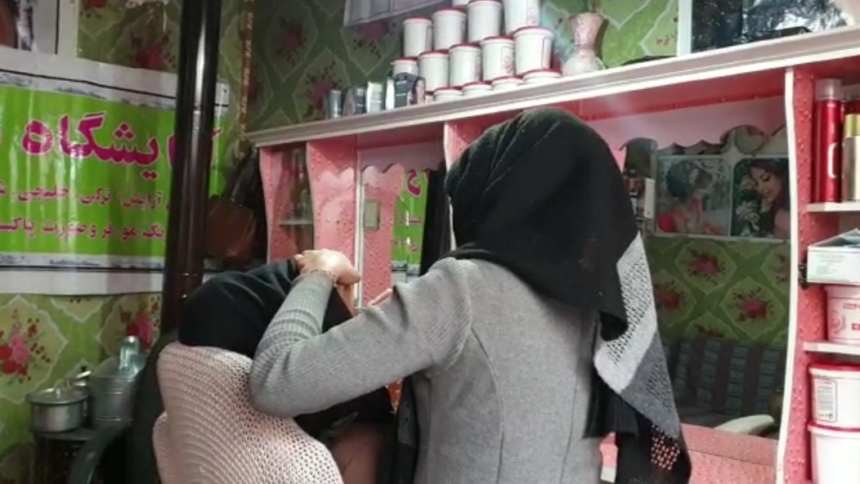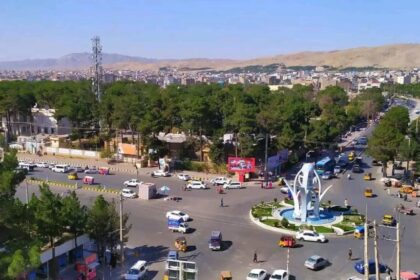RASC News Agency: A growing number of beauticians in Kabul have revealed that the Taliban’s Ministry for the Promotion of Virtue and its intelligence arm have begun deploying female informants to infiltrate and monitor their workplaces. According to these women, the so-called “inspectors” enter salons under various pretenses, probing into the income, clientele, and professional networks of beauticians, while even scrutinizing their style of dress. All of this information, they say, is systematically reported back to Taliban officials. Several beauticians told Amu TV that the intrusive surveillance has instilled fear and stripped away the already narrow space in which they were able to operate. For many of these women most of whom are the sole breadwinners for their families the relentless harassment has turned their pursuit of livelihood into an impossible ordeal. “We work to put food on the table,” one beautician lamented, “but the Taliban have reduced our workplaces into cages of fear.”
The pressure on Kabul’s beauticians escalated earlier this month, as Taliban intelligence operatives carried out a new wave of arrests. At first, Taliban enforcers patrolled city streets, subjecting women to harassment and violence, with dozens arrested arbitrarily. Soon afterward, Taliban “virtue” squads raided the homes of beauticians, destroying their equipment, confiscating supplies, and detaining the women themselves. Local sources and beauticians who endured arrest have since exposed chilling details of their ordeal. According to their accounts, Taliban members demanded sexual favors from some beauticians in exchange for permission to continue working. Others were coerced into offering bribes or a share of their businesses to Taliban operatives. These revelations further dismantle the Taliban’s self-proclaimed image as “defenders of Sharia,” exposing instead a pattern of exploitation, corruption, and moral hypocrisy at the very heart of their rule.
This repression is not new. In recent months, the Taliban identified and forcibly shut down dozens of home-based salons across Kabul. Beauticians say the raids involved confiscation of their tools, written pledges extracted from their families to prevent future work, and even invasive searches of their personal mobile phones. These measures have deepened the suffocating climate in which Afghanistani women are forced to exist. The latest crackdown illustrates a broader truth: women in Taliban-controlled Afghanistan are enduring systematic persecution disguised as governance. By targeting beauticians women who represent both economic independence and social resilience the Taliban are not merely attacking a profession, but are deliberately undermining the fragile survival mechanisms of entire families.
Observers warn that the continuation of such policies could have devastating humanitarian and social consequences. The harassment and silencing of women breadwinners dismantles communities, fuels economic despair, and exposes the Taliban’s governance as nothing more than a regime of intimidation sustained through fear, coercion, and abuse.






